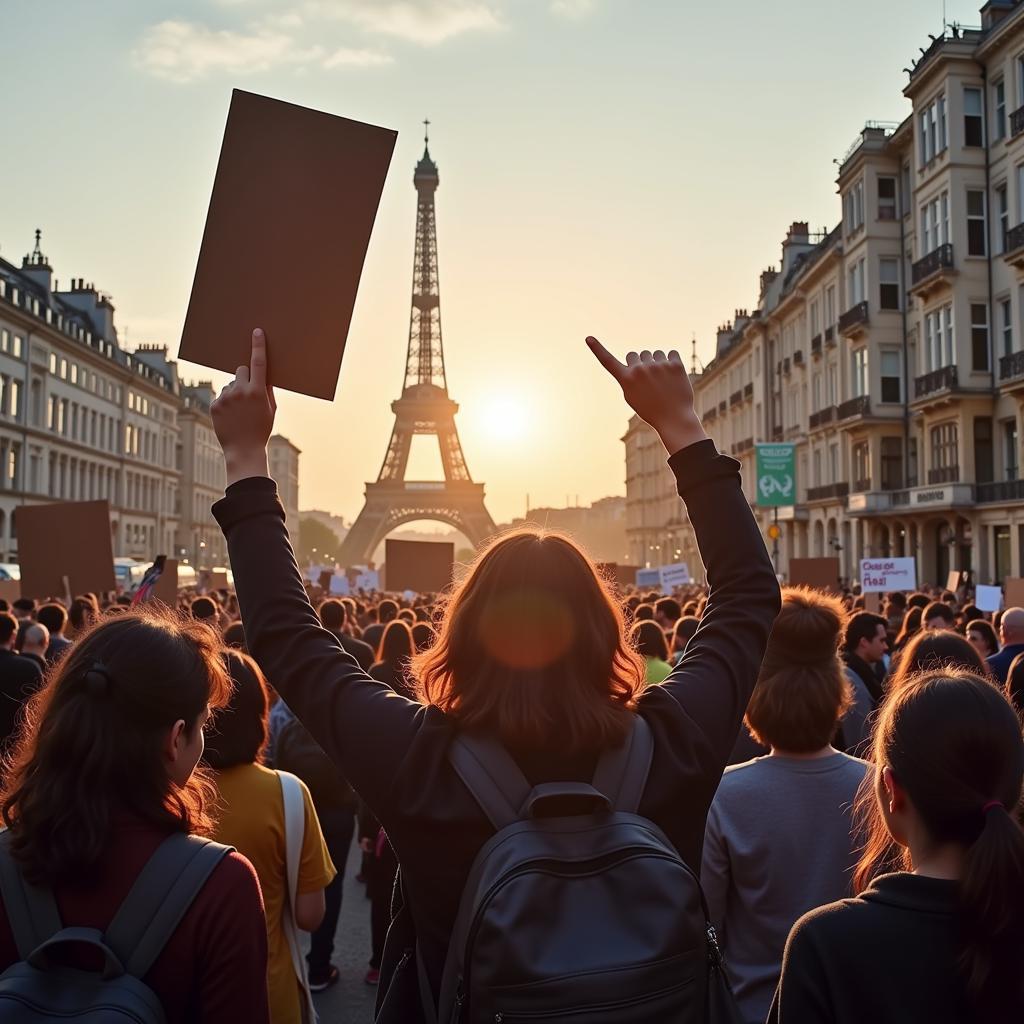Beyond doubt, the secularization of society is a complex and multifaceted phenomenon transforming how we understand the world. It’s a shift away from traditional religious beliefs and institutions toward secular values and a focus on reason, science, and individual autonomy. This transformation has profound implications for individuals, communities, and the global landscape.
Understanding the Drivers of Secularization
Several factors contribute to the secularization of society. Increased access to education and information empowers individuals to question traditional doctrines and explore diverse perspectives. Scientific advancements offer alternative explanations for natural phenomena, challenging religious narratives. The rise of individualism and personal freedoms encourages people to prioritize their own beliefs and values over established religious dogma. Urbanization and globalization also play a role, exposing individuals to diverse cultures and belief systems, leading to a questioning of traditional religious norms.
 Impact of Education on Secularization
Impact of Education on Secularization
Furthermore, the decline of traditional social structures, such as the family and community, weakens the influence of religious institutions. As societies become more complex and interconnected, individuals are less reliant on religious communities for social support and identity. This shift contributes to a growing separation between religion and everyday life.
The Impact of Secularization on Values and Morality
Secularization significantly influences societal values and morality. As religious authority diminishes, secular ethics, based on reason, humanism, and empathy, gain prominence. This shift can lead to greater tolerance for diverse lifestyles and beliefs, as well as a focus on social justice and human rights. Secular values also emphasize individual autonomy and personal responsibility, leading to a questioning of traditional moral codes and the development of new ethical frameworks.
Is Secularization a Threat to Morality?
This is a common question. Many fear that without religious grounding, morality will decay. However, secular ethics offer robust frameworks for ethical decision-making based on reason, compassion, and a commitment to human flourishing. Secular societies often prioritize human rights, equality, and social justice, leading to positive social change.
 Secular Ethics and Human Rights
Secular Ethics and Human Rights
“Secularization doesn’t equate to the absence of morality,” explains Dr. Eleanor Vance, Professor of Sociology at the University of California, Berkeley. “It simply represents a shift in the source of moral authority, from religious doctrines to human reason and shared values.”
Secularization and the Future of Religion
While secularization represents a significant societal shift, it doesn’t necessarily imply the complete disappearance of religion. Many individuals continue to hold religious beliefs and find solace and meaning in religious practices. However, the role of religion in public life is likely to continue evolving, with a growing emphasis on religious freedom and the separation of church and state.
How Will Religion Adapt?
Religion is adapting to the secularizing world by embracing more inclusive and progressive interpretations of religious texts, focusing on interfaith dialogue, and engaging with social issues in a meaningful way. Some religious communities are also exploring new ways to connect with younger generations who are less likely to identify with traditional religious institutions.
 Future of Religion and Interfaith Dialogue
Future of Religion and Interfaith Dialogue
“Religion must adapt to remain relevant in an increasingly secular world,” states Dr. David Miller, Professor of Religious Studies at Harvard University. “This means engaging with contemporary social issues, promoting interfaith understanding, and offering a message of hope and compassion that resonates with people of diverse backgrounds.”
Conclusion
Beyond doubt, the secularization of society presents both challenges and opportunities. It calls for a re-evaluation of traditional values and the development of new ethical frameworks. It also opens doors for greater tolerance, diversity, and a focus on human well-being. As societies continue to secularize, understanding the complexities of this transformation is crucial for building a more just, peaceful, and inclusive world. By embracing dialogue, promoting critical thinking, and fostering empathy, we can navigate the challenges of secularization and build a brighter future for all.
FAQ
- What is secularization?
- What are the main causes of secularization?
- How does secularization impact morality?
- Is secularization a threat to religion?
- How is religion adapting to a secularizing world?
- What are the potential benefits of secularization?
- What are the challenges of secularization?
For further assistance, please contact Phone Number: 02043854663, Email: [email protected] or visit our address: Khu 34, Bắc Giang, 260000, Vietnam. We have a 24/7 customer service team.